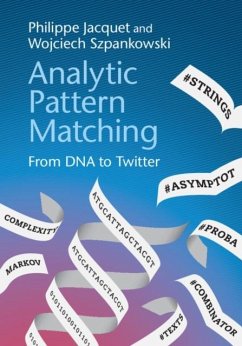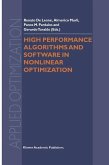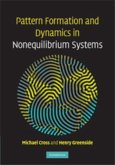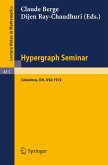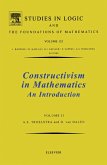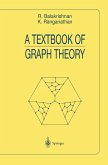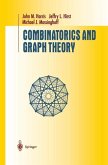How do you distinguish a cat from a dog by their DNA? Did Shakespeare really write all of his plays? Pattern matching techniques can offer answers to these questions and to many others, from molecular biology, to telecommunications, to classifying Twitter content. This book for researchers and graduate students demonstrates the probabilistic approach to pattern matching, which predicts the performance of pattern matching algorithms with very high precision using analytic combinatorics and analytic information theory. Part I compiles known results of pattern matching problems via analytic methods. Part II focuses on applications to various data structures on words, such as digital trees, suffix trees, string complexity and string-based data compression. The authors use results and techniques from Part I and also introduce new methodology such as the Mellin transform and analytic depoissonization. More than 100 end-of-chapter problems help the reader to make the link between theory and practice.
Dieser Download kann aus rechtlichen Gründen nur mit Rechnungsadresse in A, B, BG, CY, CZ, D, DK, EW, E, FIN, F, GR, HR, H, IRL, I, LT, L, LR, M, NL, PL, P, R, S, SLO, SK ausgeliefert werden.

